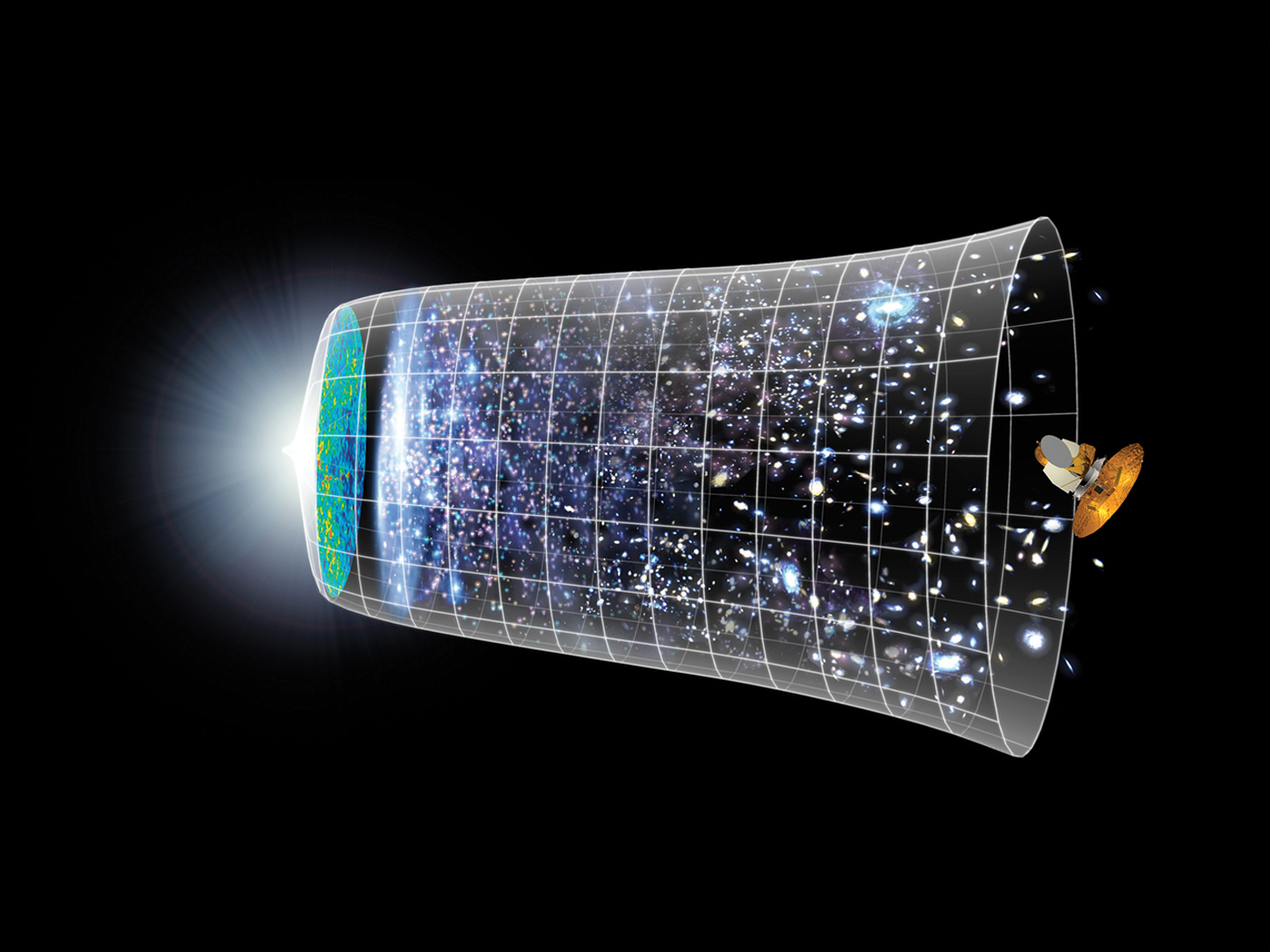That was the title of an article in Time magazine written by Amanda Bower a few months ago. In it she was lamenting the environmental damage done by the standard burial processes and advocating such things as "Green Burial" and "Creative Cremation" to alleviate the inevitable legacy of death. Sadly, of course, there was no thought of the wonderful resurrection and the magnificence of eternal life.
The Eternal Perspective Is Wildly Different!
Not only do we have the "Hope Anchor" (Hebrews 6:19) of God's promise of an eternity with Him, but we are assured that we are able to transfer "wealth" from this life to the eternal one. Our God given and grace imbued "talents" (Matthew 25) and "pounds" (Luke 19) are translated into "gold, silver, precious stones" (I Corinthians 3:12)—the eternal currency of the "new heavens and new earth" (II Peter 3:13). The key to this transfer of wealth, however, is our use of our present earthly resources for the Kingdom's honor.
What Will Transfer When You Go Home?
Most of the readers of this little column are faithful with their tithe to their church as well as other Kingdom ministries like ICR. All of us here at ICR are very grateful for the faithful and generous support that is supplied to our work. But have you considered how your "leftovers" will be used? After providing for your family (I Timothy 5:8), have you given thought to how your wealth (yes, wealth) might continue to transform into "eternal currency" after you have "left" for Home?
ICR has a number of informative booklets and guidelines on how to think strategically about the transfer of your assets and set up the different types of trusts that can accomplish much towards both goals—caring for our family and providing on-going resources for the Lord's work. Let us help with your planning. Check the box for information on the return envelope in this Acts & Facts. We'll get right back to you.




